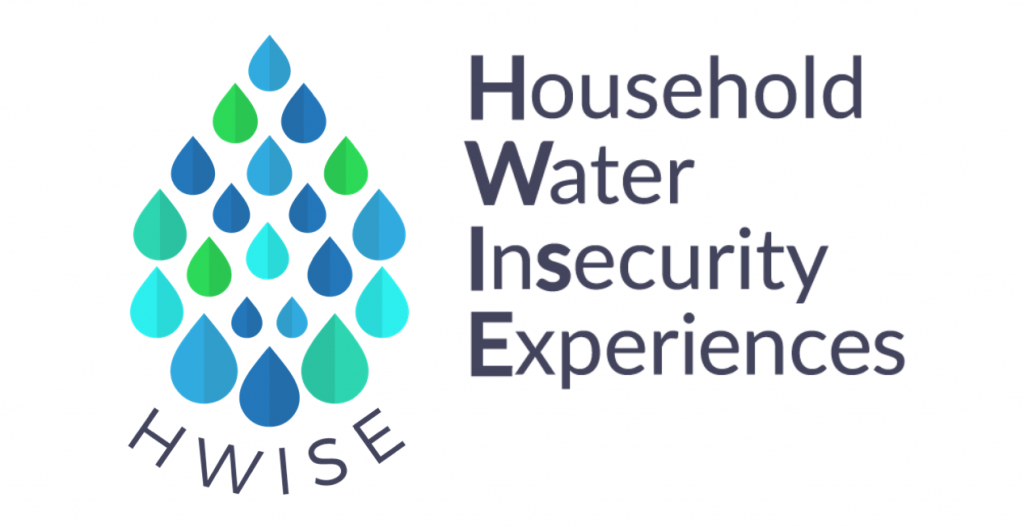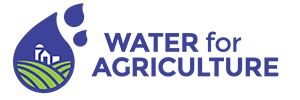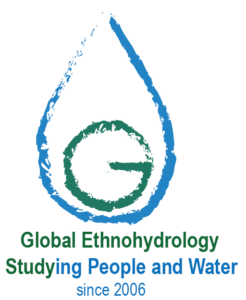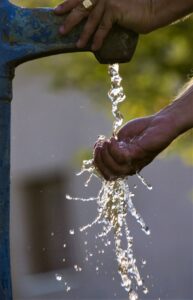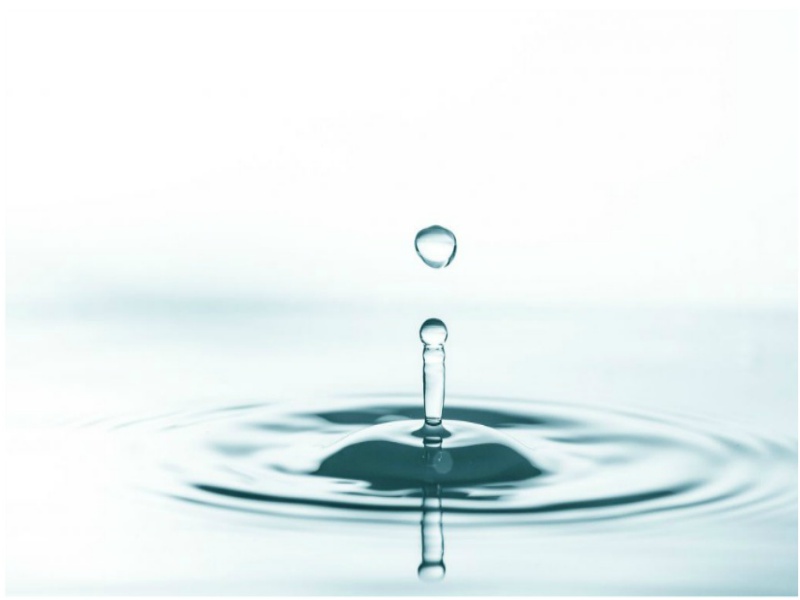Projects
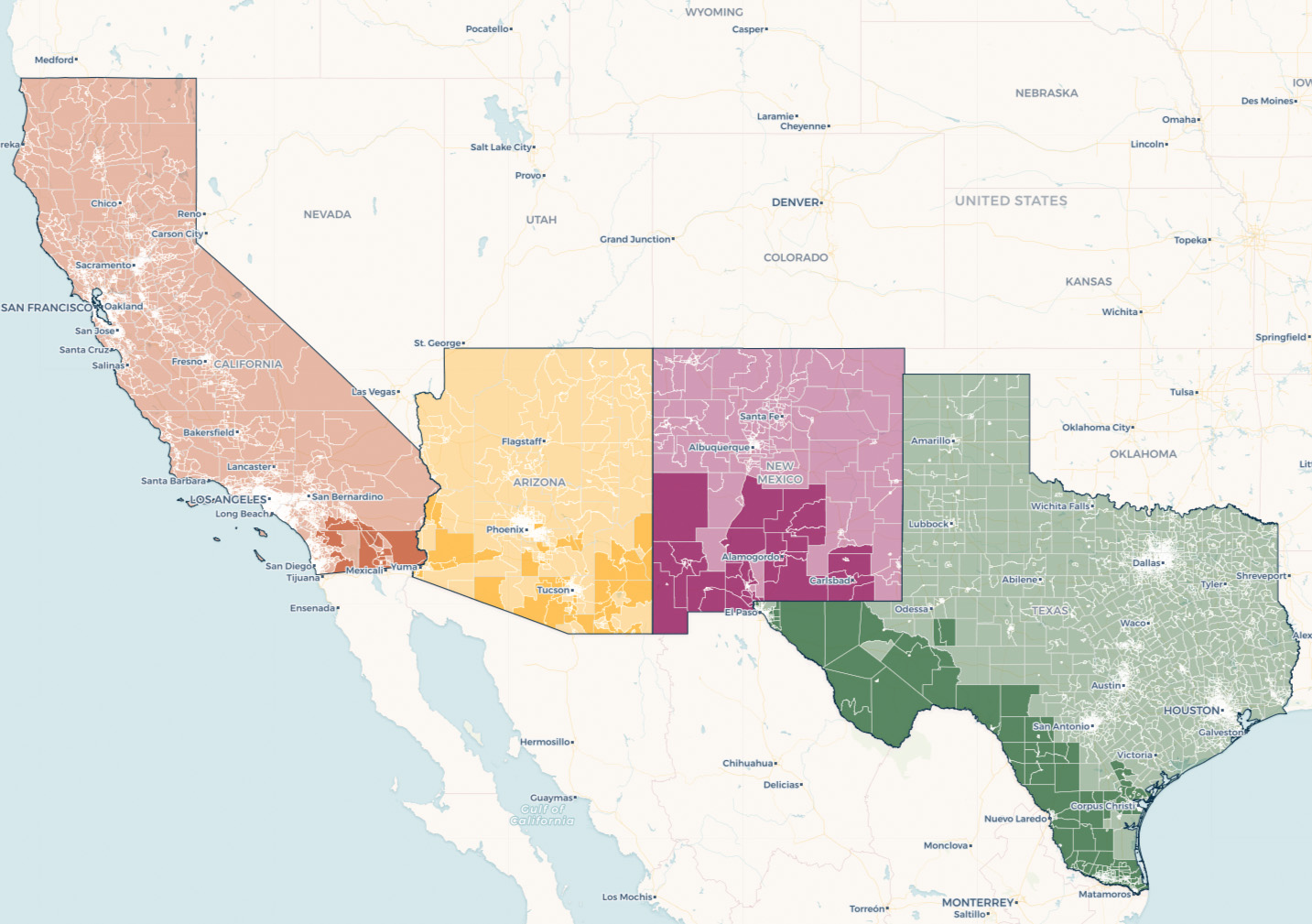
Action for Water Equity
Our work grows out of very recent cutting-edge research revealing severe water insecurity in high income economies. In the US, for example, more than 2 million people live without household access to clean water (US Water Alliance 2019). Much of this household water insecurity occurs in small rural and often marginalized communities including colonias (Dietz and Meehan 2019). Colonias are small, unincorporated settlements in the US Southwest, on the US-Mexico border from Texas to California that typically lack standard regulated water infrastructure, but instead deliver water service through informal water systems. The lack of complete access to water services for some in the US is often considered surprising given the sophistication of drinking and waste water system infrastructure in large US cities (Wescoat 2007). New small-scale solutions are required to reach 100% coverage for water security in the US. In this project, we take a justice-oriented, pro-poor, community-based participatory approach to address water insecurity in colonias in AZ, CA, NM, TX using innovations in water sharing, social infrastructure, and physical infrastructure.
Household Water Insecurity Network
HWISE-RCN is a community of scholars and practitioners who research and work in the interdisciplinary field of water insecurity. The RCN is an NSF-funded initiative (2018-2023) dedicated to building a community of practice that fosters key analytics and theoretical advances coupled with the development of research protocols and standardized assessments to document, benchmark, and understand the causes and outcomes of water insecurity at the household scale.
Research with Water Stakeholders
The Water for Agriculture project brings together social and biophysical researchers and practitioners to work with communities in Nebraska, Pennsylvania, and Arizona to address the water and agriculture issues that matter most to them through effective stakeholder engagement.
The project is currently developing five study locations in three states. In each site, we seek to build local capacity, provide technical and coordination assistance and resources, and provide the biophysical information data necessary to meet study site priorities and develop their own strategies to address their long-term agriculture and water-related needs.
Global Ethnohydrology Study
Running strong since 2006, the Global Ethnohydrology Study (GES) studies local cultural knowledge and coping with water insecurity and other challenges of living with climate change. To date, we have collected data in 20+ different countries, and at multiple sites within the US. The GES is a signature project that not only collects important research data, but also is committed to training cohorts of students in field collection and lab analysis of cultural data. Thousands of students and dozens of experts from an array of fields have participated. Some of the publications from this study can be found here.
The Water Sharing Project
Our team has been working with the larger HWISE-RCN network, gathering and evaluating evidence from multiple global sites to understand household-to-household water sharing is a common emergent social response to extreme water insecurity. We are testing how sharing might buffer households from the deleterious health effects that typically accompany seasonal water shortages, interruptions of water services, and natural disasters. But the team is also considering when expectations to engage in water sharing can also become burdensome and distressing. Water sharing is a virtually invisible aspect of global health, and we are excited to be advancing this new area of research.
Arizona Water for All
Arizona Water for All is part of the Arizona Water Innovation Initiative (AWII). The Arizona Water for All team originally formed with the goal of finding innovative ways to advance water security in communities along the U.S.-Mexico border. Working across engineering, data science, anthropology, economics, law and policy, the Arizona Water for All initiative is converging to form a new field of study and designing innovative approaches to water security. Not only are our academic disciplines converging, but we have created new methods to intersect with communities as co-researchers and partners.
Our work asks the innovative question: how can we, as scientists, build trust and converge with water-insecure communities around solutions?
Today, Arizona Water for All is bringing together stakeholders from across the state to research experiences around water-insecurity, collaborate in building resilient community networks and deploying proven water solutions across the state. Our impact will be measured by the sustained health and increased empowerment of Arizona’s most vulnerable and water-insecure communities for years to come
Cultural Anthropology Methods Program
The US National Science Foundation has a long history—going back to the 1950s—of supporting methods training in cultural anthropology. In the relaunch of NSF’s 30-year summer program, the NSF Cultural Anthropology Methods program (CAMP) provides advanced methods training for Ph.D. students. Together, our 40 distinguished faculty draw on cutting-edge research to update and expand the anthropology methods toolkit. At the same time, we are building a community of practice—inviting all to join—that supports innovation in the teaching of research methods across the discipline.
In 2024, NSF CAMP – International will launch a free-to-all public anthropology methods curriculum globally. This highly anticipated launch is in partnership with the American Anthropological Association and the Society for Applied Anthropology, and an ever growing list of invited international anthropology partner organizations.
